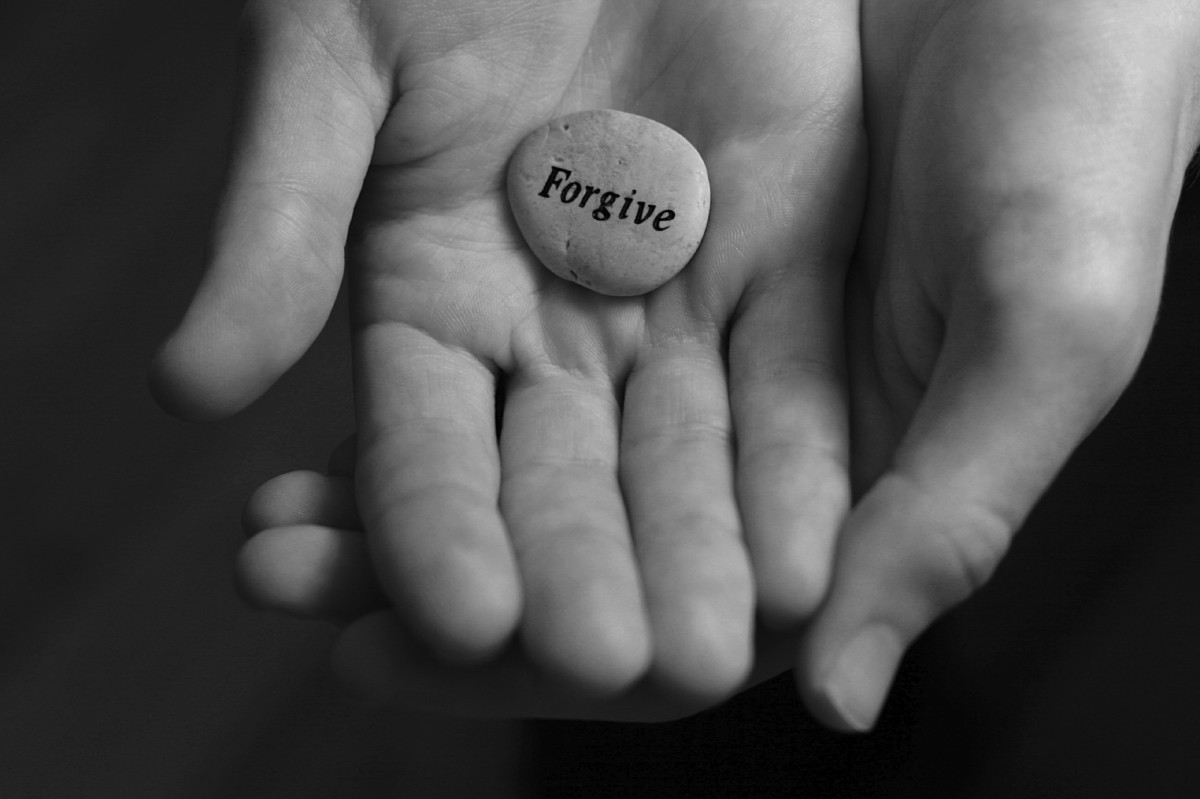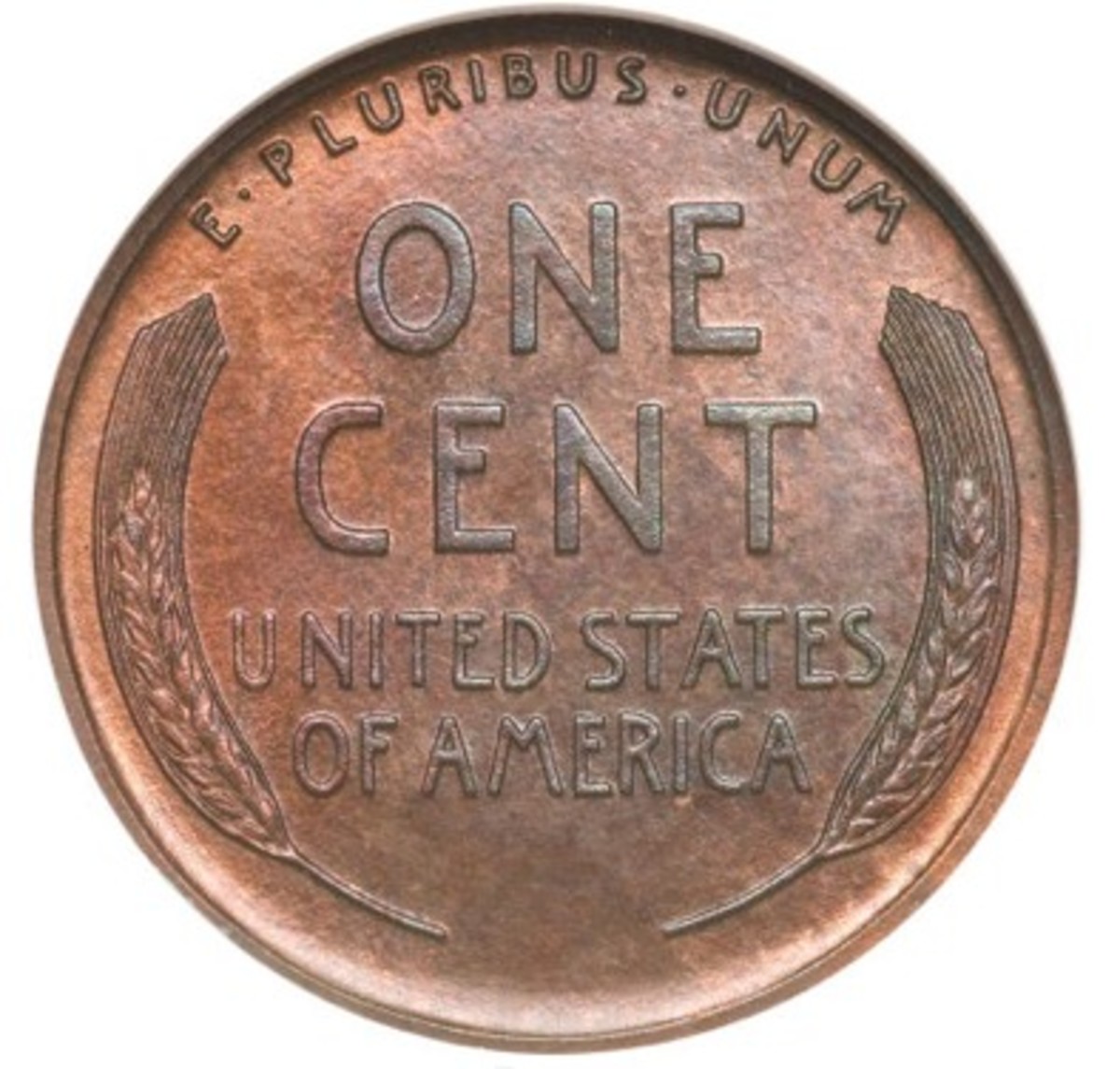a HUMBLE work meant to ENLIGHTEN humanity
I am not an economist. Yet, I have to my credit the discovery of a THESIS* , namely the fact that money canNOT measure the WORTH of a commodity. And it's none other than the Nobelist economist Alvin E. Roth who endorses it. ' Economists certainly agree with your headline statement ', remarked Mr Roth in a message to me recently. By the expression ' headline statement ', he meant the THESIS at issue. It would be evident if you have a look at the Nobelist's message ( dated Sep 19, 2017 ) to me. After Mr Roth, two other Nobelist economists gave their seal of approval to it. They are Robert J. Shiller and Robert J. Aumann. Thus, I have to my credit the discovery of a THESIS that has won THREE Nobelist economists' endorsement thus far. Copies of messages I received from the Nobelists, which corroborate my claim are presented below.
As I see it, it appears, on the surface, a humble work by a humble guy, but in essence it truly carries massive weight, which makes it a must read for all the sensible of the world. Humanity just can't afford to ignore it if humanity wants to be civilised through and through.
* I do not claim to have originated it. I just want to say I've discovered it all by myself. Professor Robert J. Aumann holds it's ' well-known ' and ' known for hundreds of years ' ; the wording of the thesis ' well-known ' to him is : ' the monetary value of an object does not measure its " intrinsic worth ", usually called its utility '.
[ copy of Mr Alvin E. Roth's message to me ]
Alvin Roth
Sep 19 (4 days ago)
to me
Hi: sorry for my delayed reply, I get well over a hundred emails a day and can no longer answer them all. Economists certainly agree with your headline statement: if you Google the "diamond water paradox" you may enjoy what you find, e.g. https://en.m.wikipedia.org/wiki/Paradox_of_value
Al Roth
http://www.stanford.edu/~alroth/
http://marketdesigner.blogspot.com/
Sent from my iPhone, sorry for autocorrect typos
[ copy of Robert J. Shiller's message to me ]
Robert Shiller
Oct 16 (13 days ago)
to me
I agree with you. Adam Smith in 1776 also distinguished between value in use and value in exchange. Diamonds vs water. GDP is a poor measure of value.
[ copy of the 1st message from Robert J. Aumann's office assistant ]
Prof. Aumann's Office <aumann@mail.huji.ac.il>
Oct 22 (3 days ago)
to Robert, me
Dear Mr. Prakash RP,
Prof. Aumann thanks you for your message of yesterday. He certainly agrees that the monetary value of an object does not measure its "intrinsic worth," which depends on the individual consumer, but he thinks that that is well known.
With best wishes,
Victoria Chvatal
ויקטוריה חבטל
עוזרת זמנית לפרופ' אומן
מרכז פדרמן לחקר הרציונליות
בניין פלדמן, חדר 225
האוניברסיטה העברית, גבעת רם
ירושלים 91904
טל': 02-6586254
פקס: 02-6584863
www.math.huji.ac.il/raumannVictoria Chvatal
Temporary Assistant to Prof. Aumann
The Federmann Center for Rationality
The Hebrew University
Givat Ram Campus
Jerusalem 91904
Tel. +972-2-6586254
Fax. +972-2-6584863
[ copy of the 2nd message from Robert J. Aumann's office assistant ]
Prof. Aumann's Office
Oct 24 (5 days ago)
to me, Robert
1) It has been known for hundreds of years that the monetary value of an object does not measure its "intrinsic worth", usually called its utility. Prof. Aumann does not know who stated this thesis first.
2) It occurs, for example, in the following, first published almost 300 years ago:
Bernoulli, Daniel; originally published in 1738; translated by Dr. Louise Sommer (January 1954). "Exposition of a New Theory on the Measurement of Risk". Econometrica. The Econometric Society. 22 (1): 22–36.
the concept of use-value & exchange-value & distinctions between them
Money canNOT measure the WORTH of a commodity. What then money is meant for ? Man made money to measure the VALUE of a commodity and thus facilitate the exchange of commodities through money. This value is distinct from the worth of a commodity. By the value of a commodity its exchange-value is meant. A commodity has got two sorts of values : use-value and exchange-value. By the use-value, its usefulness is meant while by the exchange-value or, simply, value, how much money it'll fetch from its sale is meant. Every commodity has got some use-value, which means it'll serve a certain need or useful purpose of its buyer, and because of its use-value, it has got some exchange-value. Thus, the use-value is the cause, and the exchange-value is its effect. NO use-value means NO exchange-value* ( e.g. a used-up ball-point pen refill or a pen refill without a ball at its tip, which is useless as a pen refill, hence valueless to a guy that seeks a pen refill to write with it ). Nevertheless, no exchange-value does NOT mean no use-value. In fact, something like oxygen in free air possess NO value, but its usefulness is practically immeasurable.
It's the use-value of a commodity that interests its buyer-user ( the guy that buys it for use, NOT for sale ) while it happens to be its exchange-value that interests the seller of the commodity. Another most important distinction between the two sorts of values at issue happens to be the fact that the exchange-value of a commodity is governed by market forces ( i.e. laws of supply and demand ) while its use-value is immune to the market forces. Yes, it's the exchange-value ( i.e. price ) of a commodity that undergoes changes with changes in the supply figures relative to the demand figures and vice versa.
* NB: A piece of diamond or an antique that happens to possess, although it's totally useless ( i.e. without any use-value ) in terms of indispensability to life, huge exchange-value appears to be an exception to this universal rule. No water means NO life, but no diamond does NOT threaten life. Nevertheless, as a luxury item, diamond is highly useful, and as a source of wealth, it is, like an antique, highly useful too. You can exchange pieces of diamond in your possession for a fat sum of money and then buy something like an expensive flat or a deluxe car with this money. Thus, a piece of diamond or an antique is like the stuff called labour-power, the only commodity a penniless labourer is in possession of and has got to sell for money, which they must have in order to buy bare necessities of life and thus manage to survive, to the capitalist who buys it and makes a sensible use of it to create and accumulate wealth ( commodities produced by labourers belong to the capitalist, the buyer of their labour-power, who sells them for money and thus accumulates wealth ).
the diamond-water paradox
Economists will tell you about the diamond water paradox . Water is indispensable to life while the stuff like a diamond ring is meant for mere luxury in life. Considering its indispensability to life, water is immeasurably valuable― so much so that it really and truly deserves to be viewed as INVALUABLE while the value of even the costliest diamond ring is always measurable ( in money ), and so it happens to be a lot valuable whereas water or oxygen is, as a luxury item, practically valueless, but it canNOT deserve, unlike water or oxygen, to be viewed as INVALUABLE. The paradox, as I see it, owes its origin to the lack of a clear conception of the use-value and the exchange-value and the distinctions between them. The fact that water is indispensable to life has made it an infinitely high-demand stuff, and the fact that its demand is practically unbounded has made its value practically immeasurable, making it INVALUABLE thus. Nevertheless, the planet earth is also abundant in water. The easy availability of water has brought down its price ( value measured in money ) and thus made it far cheaper than a piece of diamond. Nevertheless, as a luxury item, water has got zero use-value which means it's got NO value ( i.e. exchange-value ). But the diamond ring happens to possess, as a luxury item, and as a source of wealth as well, high use-value that has made it highly valuable, RIGHT ? [ I agree that an economist can justifiably accuse me of oversimplification of the issue.]
the worth of a commodity, the correctness of the thesis & the criterion meant to disprove it
.
By the worth of a commodity, I mean its use-value or usefulness which is immeasurable in money and immune to the laws of supply and demand. The correctness of the thesis that money canNOT measure the worth of a commodity would begin to dawn on you if you ever try to find a criterion for determining the exact price of a pair of shoes that you consider worthy of someone of your calibre and stature. If you succeed in finding such a criterion , not only will you show the fallacy of this thesis, you'll also deserve a Nobel Prize for economics, as I see it.
the significance of incorrectness of the thesis
If the THESIS that money canNOT measure the worth of a commodity proves incorrect, it'd mean the quality of a commodity is measurable in money, and so economic inequality in society is, from the capitalistic viewpoint, wholly justified because like commodities, neither humans nor the sorts of work they do are identical in terms of their quality. Capitalism will continue to exist for ever. There will be the rich ( the 1% ) alongside of swarms of the poor ( the 99% ) as well as the EXPLOITATION of the poor by the rich for all eternity. Never ever will there be an end to the greatest and gravest social INJUSTICE , the most disgusting and disturbing fact that the poor billions worldwide who were born poor and have to sweat blood, just because they were born poor, to produce all wealth and luxuries for the enjoyment of a few idlers, the rich and the super-rich, that lead a fabulous lifestyle, a life full of fabulous riches and luxuries, before their silly eyes while they themselves lead a hard and humble existence throughout their life are NOT to blame for their poverty and privation while the fact that the rich and the super-rich were born rich and super-rich to exploit the poor and the penniless and thus grow richer and richer year by year is NOT attributable to any great or creditable acts or achievements of theirs. Communism will remain a silly dream of some charlies.

This ugly, disgraceful sight of poverty and privation alongside of plethora does not fit in with the SPACE age we belong to, does it ?
the significance of correctness of the thesis
But what if you fail in this ambitious endeavour of yours meant to disprove this THESIS ? If you really want to find the right answer to this query, you have to turn your mind to what SIGNIFICANCE the thesis at issue carries for humanity. As I see it, humanity still happens to be way too uncivilised to deserve to afford the luxury of disregarding it. If humanity wants to be civilised through and through, it must pay due heed to this thesis, a humble discovery by a humble guy, and its significance. The correctness of the thesis constitutes a strong ( maybe the strongest ) DEFENCE of communism , to my way of thinking. Because the worth of a commodity is NOT measurable in money, you canNOT justify the economic INEQUALITY ( wage differentials, wealth disparity, and the resulting division of society into classes on the basis of them ) on the grounds of qualitative distinctions between humans or between the work done by the skilled and that by the unskilled or less-skilled. Thus, CEOs canNOT demand fatter salaries than restaurant waiters ; engineers canNOT claim more money than welders, and nurses CAN claim as much pay as what physicians and surgeons receive, RIGHT ?
concluding remarks
As I see it, humanity still happens to be way too uncivilised. One reason why I think so is humanity has yet to get rid of the evil of economic INEQUALITY ( wage differentials, wealth disparity, and the resulting social division into classes, the rich, the super-rich, and the poor and penniless millions ) which is at the root of the greatest and gravest social INJUSTICE, the most disgusting and distressing fact that the fact that the poor and penniless millions that make up 99% of humanity worldwide were all, really and truly, born poor and penniless to work hard and lead a hard and humble existence throughout their life although it's them that produce all wealth and luxuries is NOT attributable to any faults or failings of theirs while the fact that the rich ( 1% ) and the super-rich ( in all 80, by Oxfam's wealth data, while the world's total human population is over 7 billion ) few idlers that happen to lead a fabulous lifestyle, a life full of fabulous riches and luxuries, were all born rich and super-rich to exploit the born poor and penniless millions and thus grow richer and richer is NOT attributable to any noble or creditable acts or achievements of theirs. Because the worth of a commodity is NOT measurable in money, you canNOT justify the economic INEQUALITY on the grounds of QUALITATIVE distinctions between humans, between a Nobelist and a receptionist or between the work done by the skilled and that by the unskilled or less-skilled. If humanity wants to be civilised through and through, humanity must get rid of the evil that is economic INEQUALITY, to my way of thinking. CEOs canNOT demand fatter salaries than resturant waiters ; engineers canNOT ask for more money than porters, and nurses CAN claim as much money as physicians and surgeons.








